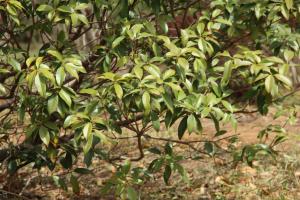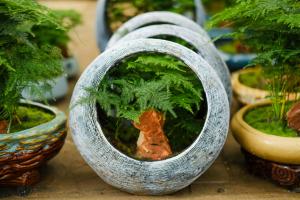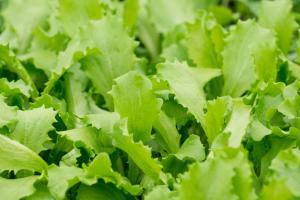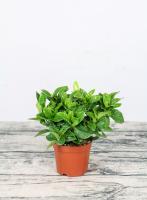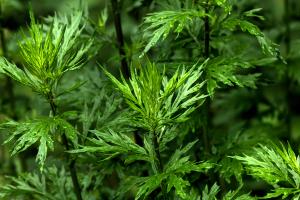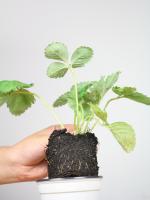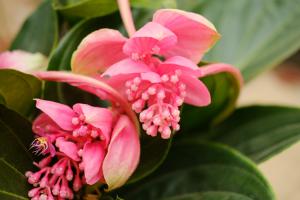Can You Use Deionized Water for Carnivorous Plants?
Carnivorous plants are fascinating specimens known for their unique ability to capture, digest, and consume small insects and other arthropods. These plants are often found in areas with poor soil and rely on insects to provide them with vital nutrients that they cannot get from the soil. However, the water requirements of carnivorous plants are often misunderstood, and many people wonder whether they can use deionized water to water their carnivorous plants.
Understanding Deionized Water
Deionized water is water that has gone through a process of removing ions and minerals, resulting in a pure and clean form of water. This water is commonly used in laboratories, medical facilities, and other industries where the presence of impurities can affect the accuracy of experiments or the safety of the product. However, deionized water is not suitable for drinking as it lacks vital minerals that our bodies need.
The Pros and Cons of Using Deionized Water for Carnivorous Plants
The use of deionized water for carnivorous plants has both advantages and disadvantages. On the one hand, deionized water is free of minerals and pollutants that can harm the plants. This makes it an ideal choice for those who are concerned about the quality of their water source. Additionally, deionized water can help prevent the buildup of mineral salts in the soil, which can reduce the effectiveness of the plants' traps.
On the other hand, deionized water lacks the essential nutrients that carnivorous plants need to survive. These plants rely on the insects they capture to provide them with nitrogen, phosphorus, and other crucial nutrients that they cannot get from the soil. Without these nutrients, the plants may grow slower, become weaker, and produce smaller traps.
Alternatives to Deionized Water for Carnivorous Plants
So, what water should you use for your carnivorous plants? As a rule of thumb, you should avoid tap water as it often contains high levels of minerals that can harm the plants. Instead, you can use rainwater or distilled water for your carnivorous plants. Rainwater is a natural and free source of water that is ideal for carnivorous plants. It is free of minerals and pollutants and contains the essential nutrients that these plants need. However, if you cannot collect rainwater, you can use distilled water instead. Distilled water is similar to rainwater in that it is free of minerals, but it lacks the essential nutrients that carnivorous plants need. To make up for this, you can supplement the plants with a carnivorous plant fertilizer.
Tips for Watering Your Carnivorous Plants
Watering carnivorous plants can be a delicate process, as these plants are very sensitive to the minerals and nutrients in the water. Here are some tips to help you water your carnivorous plants:
Use rainwater or distilled water to water your carnivorous plants
If you have to use tap water, let it sit for 24 hours to allow the minerals to settle
Water your plants from the bottom to avoid damaging the traps
Do not let the soil dry out completely, but do not keep it saturated either. Aim for moist soil.
Conclusion
While deionized water can be used for carnivorous plants, it lacks the essential nutrients that these plants need to thrive. Rainwater and distilled water are better alternatives as they provide the plants with the nutrients they need without harmful minerals and pollutants. Remember to water your carnivorous plants carefully and avoid using tap water, as it can harm the plants.

 how many times do yo...
how many times do yo... how many planted tre...
how many planted tre... how many pine trees ...
how many pine trees ... how many pecan trees...
how many pecan trees... how many plants comp...
how many plants comp... how many plants can ...
how many plants can ... how many plants and ...
how many plants and ... how many pepper plan...
how many pepper plan...